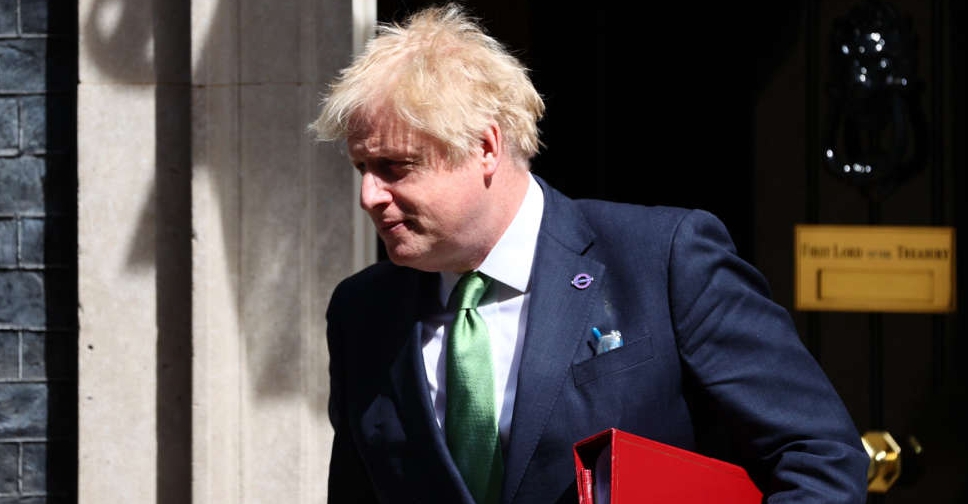
Boris Johnson announced on Thursday he would quit as British prime minister after he was abandoned by ministers and most of his Conservative lawmakers.
Bowing to the inevitable as more than 50 ministers quit and lawmakers said he must go, an isolated and powerless Johnson spoke outside his Downing Street to confirm he would resign.
"The process of choosing that new leader should begin now.
"And today I have appointed a cabinet to serve, as I will until a new leader is in place," Johnson said.
After days of battling for his job, the scandal-plagued Johnson had been deserted by all but a handful of allies after the latest in a series of scandals broke their willingness to support him.
"His resignation was inevitable," Justin Tomlinson, deputy chairman of the Conservative Party, said on Twitter. "As a party we must quickly unite and focus on what matters. These are serious times on many fronts."
The Conservatives will now have to elect a new leader, a process which could take weeks or months. Read full storyRead full story
A snap YouGov poll found that defence minister Ben Wallace was the favourite among Conservative Party members to replace Johnson, followed by junior trade minister Penny Mordaunt and former finance minister Rishi Sunak.
Many said he should leave immediately and hand over to his deputy, Dominic Raab, saying he had lost the trust of his party.
Keir Starmer, leader of the main opposition Labour Party, said he would call a parliamentary confidence vote if the Conservatives did not remove Johnson at once. Read full story
"If they don't get rid of him, then Labour will step up in the national interest and bring a vote of no confidence because we can't go on with this prime minister clinging on for months and months to come," he said.
The crisis comes as Britons are facing the tightest squeeze on their finances in decades, in the wake of the COVID-19 pandemic, with soaring inflation, and the economy forecast to be the weakest among major nations in 2023 apart from Russia.
It also follows years of internal division sparked by the narrow 2016 vote to leave the European Union, and threats to the make-up of the United Kingdom itself with demands for another Scottish independence referendum, the second in a decade.
Support for Johnson had evaporated during one of the most turbulent 24 hours in recent British political history, epitomised by finance minister, Nadhim Zahawi, who was only appointed to his post on Tuesday, calling on his boss to resign.
Zahawi and other cabinet ministers had gone to Downing Street on Wednesday evening, along with a senior representative of those lawmakers not in government, to tell Johnson the game was up.
Initially, Johnson refused to go and seemed set to dig in, sacking Michael Gove - a member of his top ministerial team who was one of the first to tell him he needed to resign - in a bid to reassert his authority.
One ally had told the Sun newspaper that party rebels would "have to dip their hands in blood" to get rid of Johnson.
But by Thursday morning as a slew of resignations poured in, it became clear his position was untenable.
"This is not sustainable and it will only get worse: for you, for the Conservative Party and most importantly of all the country," Zahawi said on Twitter. "You must do the right thing and go now."
Some of those that remained in post, including defence minister Ben Wallace, said they were only doing so because they had an obligation to keep the country safe.
There had been so many ministerial resignations that the government had been facing paralysis. Despite his impending departure, Johnson began appointing ministers to vacant posts.
"It is our duty now to make sure the people of this country have a functioning government," Michael Ellis, a minister in the Cabinet Office department which oversees the running of government, told parliament.


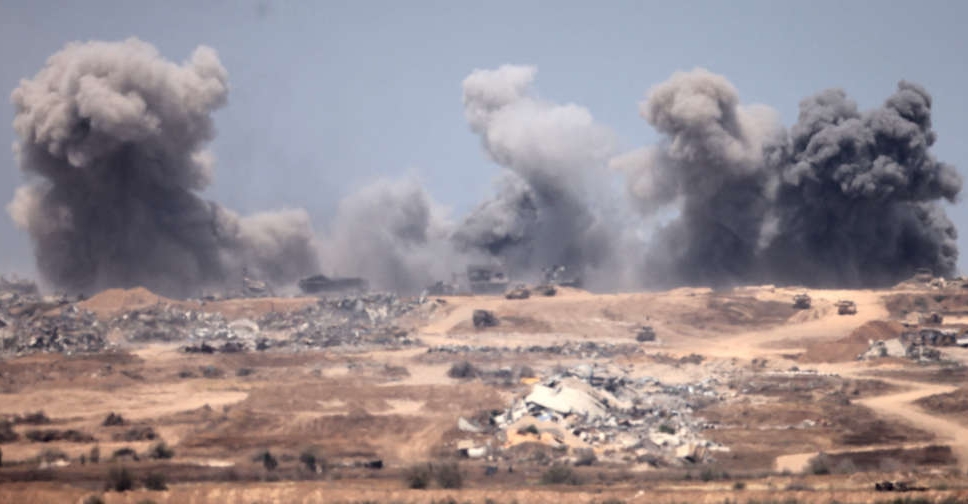 Qatari PM: Ceasefire talks on Gaza show signs of progress
Qatari PM: Ceasefire talks on Gaza show signs of progress
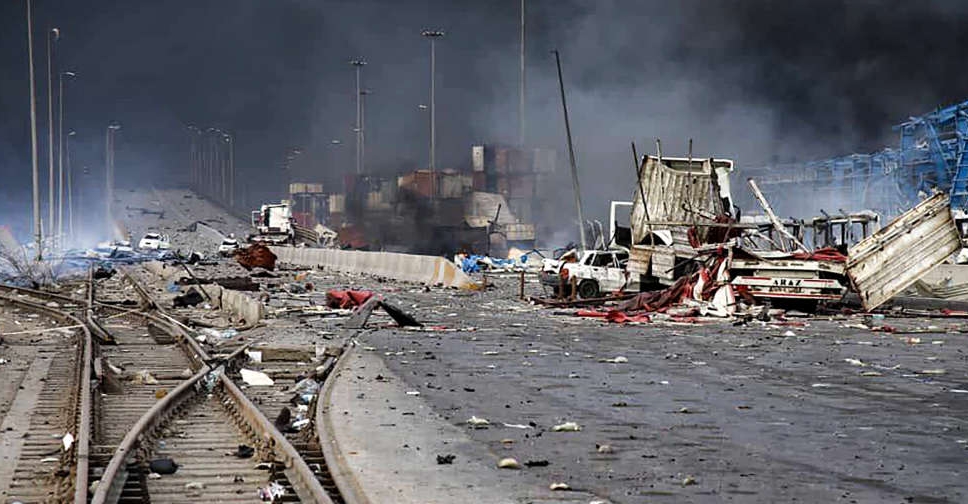 More than 700 injured in Iran's explosion
More than 700 injured in Iran's explosion
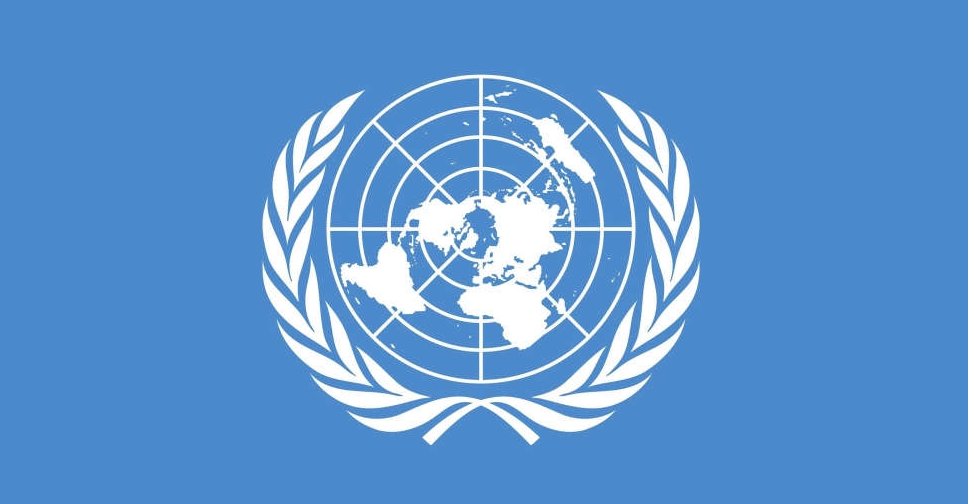 UN warns funding cuts threaten vital aid
UN warns funding cuts threaten vital aid
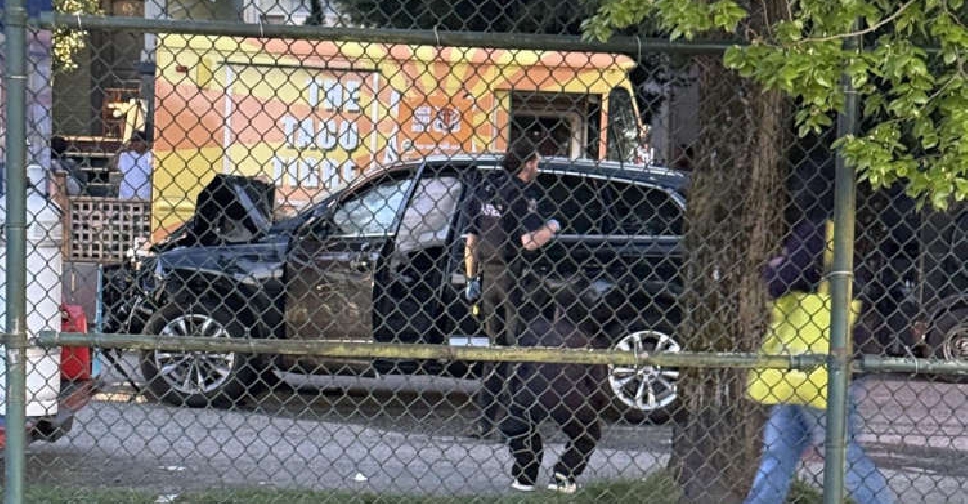 Multiple dead in Vancouver after vehicle plows into street festival
Multiple dead in Vancouver after vehicle plows into street festival
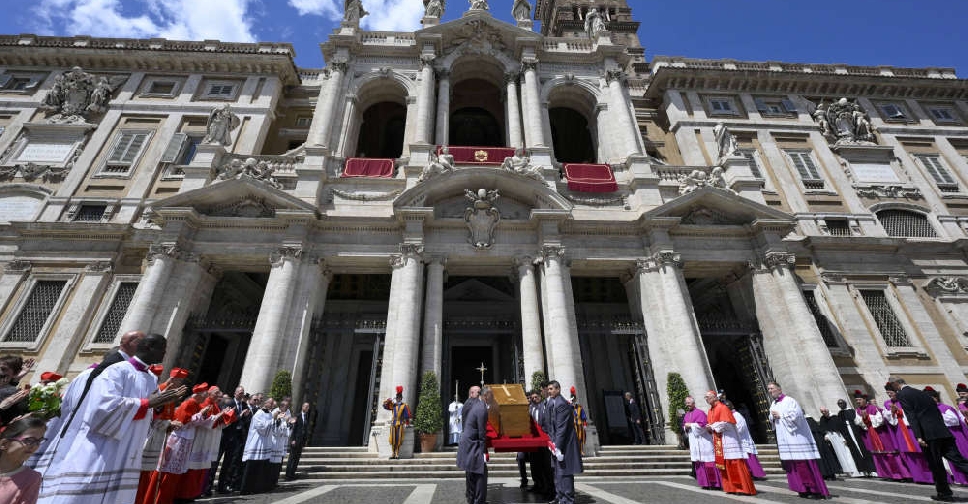 Rome and the world bid farewell to Pope Francis
Rome and the world bid farewell to Pope Francis




